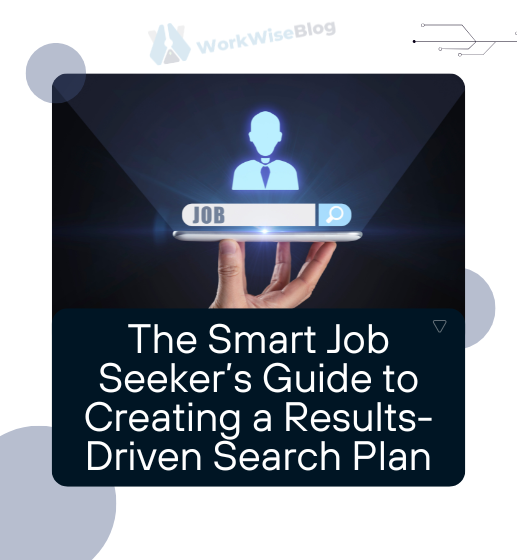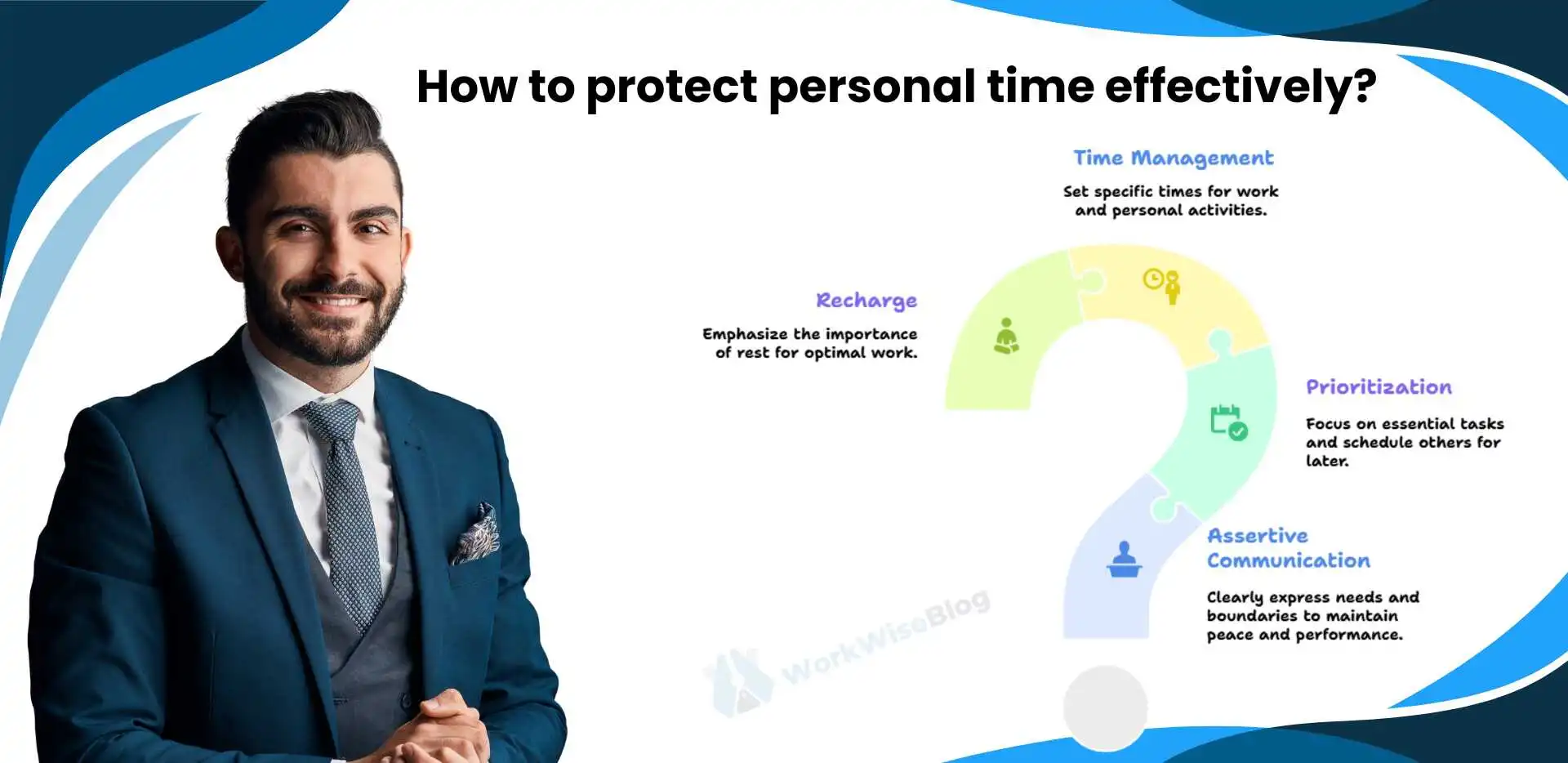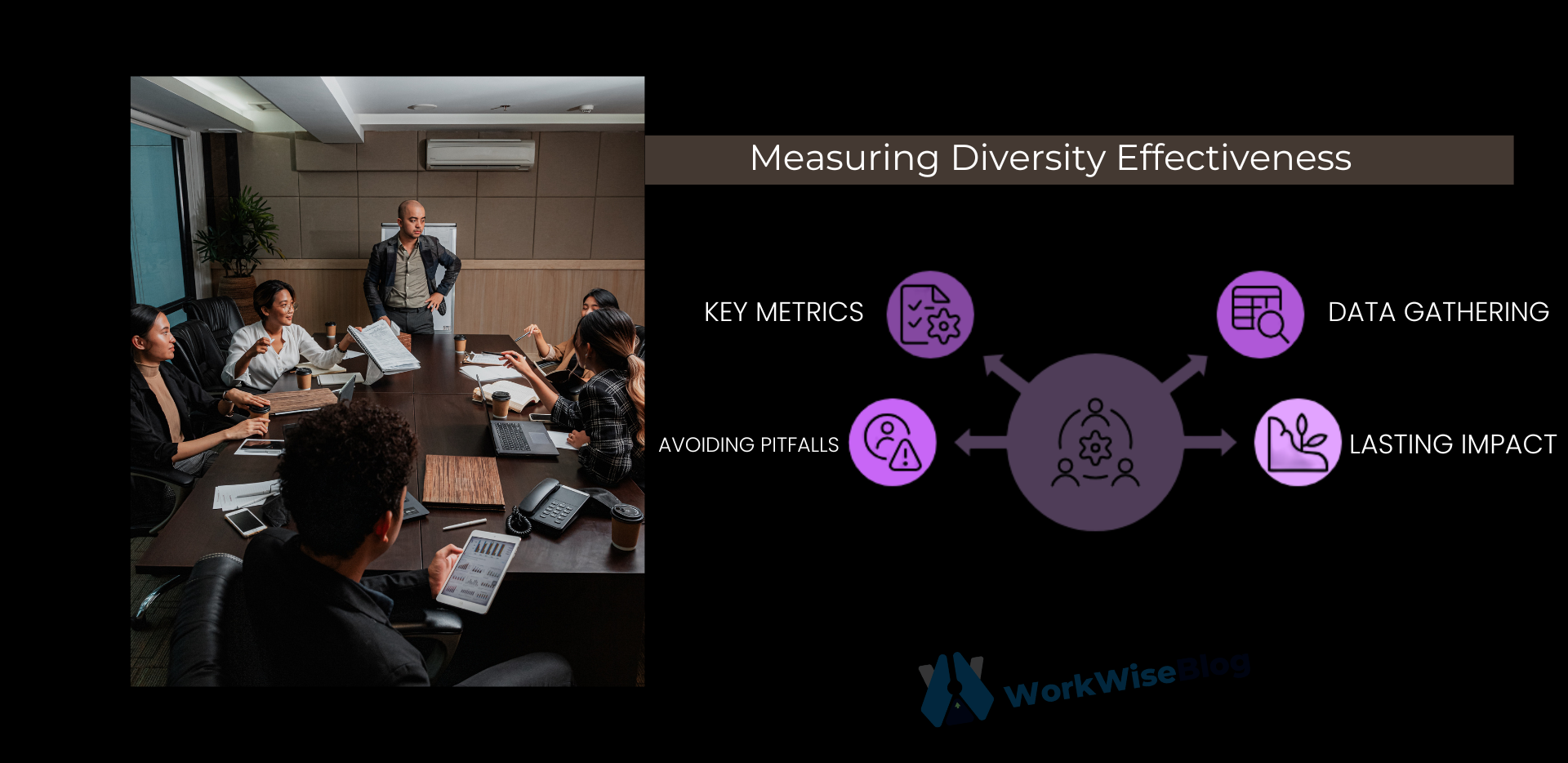In this guide, you’ll learn:
- Why a job search plan matters
- What to do before you start applying
- How to set clear, realistic goals
- Daily and weekly actions that get noticed
- How to stay consistent without burning out
- Why a job search plan matters
Let’s build a job search strategy that brings interviews—not just silence.

1. Why You Need a Job Search Plan
Let’s be honest: applying randomly to dozens of job posts each week rarely works. You spend hours tweaking your resume, only to get ghosted.
That’s because the job search isn’t just about quantity—it’s about quality and direction.

A job search plan helps you:
- Target the right roles and companies
- Use your time wisely
- Stay consistent without burnout
- Track what’s working (and what’s not)
- Feel confident and in control
- Target the right roles and companies
Without a plan, the job search can feel like a black hole. With one, you stay focused and motivated—even when the responses take time.
2. Get Clear on What You’re Looking For
Before you send out a single application, take a step back.
Ask yourself:
- What roles am I best suited for?
- What industries or companies interest me?
- What’s my ideal work environment (remote, hybrid, in-office)?
- What kind of salary or benefits am I aiming for?
- What roles am I best suited for?
Getting clear on these basics helps you avoid wasting time on jobs that don’t fit—and increases the chances that you’ll be a great match for the ones you do apply to.
Tip:
Use job boards not just to apply, but to research trends, understand role requirements, and identify companies hiring frequently in your field.

3. Create a Target Company List
Instead of applying everywhere, focus on a list of 15–30 companies that match your values and interests.
Start with:
- Companies you admire
- Places where people in your network work
- Businesses that have recently raised funding or are growing
- Organizations known for strong culture or remote flexibility
- Companies you admire
Follow them on LinkedIn, set job alerts, and engage with their content. This way, you stay informed—and top of mind if a referral comes up.

4. Polish Your Resume and LinkedIn Profile
A solid plan won’t work if your resume isn’t pulling its weight.
Your resume should:
- Be tailored to each job you apply for
- Use keywords from the job description
- Highlight achievements, not just duties
- Be clean, clear, and error-free
- Be tailored to each job you apply for
Your LinkedIn should:
- Match your resume (but feel more conversational)
- Use a professional photo and headline
- Include a short, clear “About” summary
- Have endorsements and skills relevant to your field
- Match your resume (but feel more conversational)
Bonus Tip:
Add “Open to Work” or include a line like “Actively seeking opportunities in [field]” to boost visibility.
5. Set Weekly Application and Outreach Goals
A smart job search is part strategy, part routine.
Example weekly goals:
- Apply to 10–15 high-quality roles
- Reach out to 3 new contacts for informational interviews
- Follow up on 2 past applications
- Customize your resume and cover letter for each role
- Attend 1 online event or networking group
- Apply to 10–15 high-quality roles
Track everything in a spreadsheet or tool like Notion, Trello, or a simple checklist. This helps you stay accountable and spot patterns over time.
6. Use Multiple Job Search Channels
Don’t rely on job boards alone. Many of the best roles come through referrals or direct outreach.
Use these channels:
- LinkedIn – For job posts, networking, and company research
- Company career pages – Often list openings before third-party sites
- Networking – Reach out to former coworkers, classmates, or mentors
- Industry groups – Join Facebook groups, Slack communities, or forums
- Recruiters – Many companies use external recruiters for hiring
- LinkedIn – For job posts, networking, and company research
The goal is to diversify your efforts so you’re not putting all your energy into one place.
7. Prepare for Interviews Before They Happen
Don’t wait until you’re scheduled to start preparing. When the call comes, you want to be ready.
Interview prep checklist:
- Rehearse your answers to common questions (like “Tell me about yourself”)
- Prepare 1–2 thoughtful questions for the interviewer
- Have a short pitch ready about who you are and what you bring
- Review the company’s mission, values, and recent news
- Practice with a friend or record yourself for feedback
- Rehearse your answers to common questions (like “Tell me about yourself”)
Pro Tip:
Keep a “story bank” of past wins and challenges. These examples help you answer questions clearly and confidently.
8. Follow Up—Every Time
It’s a small step that makes a big difference.
After every application or interview:
- Send a short thank-you email
- Mention something specific from the conversation
- Reaffirm your interest and enthusiasm
- Send a short thank-you email
This simple gesture keeps you top of mind—and shows professionalism many candidates overlook.
9. Stay Organized and Track Progress
It’s hard to fix what you don’t measure. Keep a job search tracker where you log:
- Jobs you’ve applied to
- Dates submitted
- Follow-up status
- Interview notes
- Results or feedback
- Jobs you’ve applied to
This helps you spot what’s working, what’s not, and when it’s time to follow up or move on.
10. Take Breaks and Stay Mentally Strong
Job searching can be tough. You’re dealing with uncertainty, rejection, and waiting—all of which can drain your energy.
Here’s how to stay grounded:
- Set work hours for your job search
- Take weekends or one day off weekly
- Celebrate small wins—like landing an interview
- Talk to others who are job hunting
- Keep learning new skills to boost confidence
- Set work hours for your job search
Remember:
Job searching is a job—but it’s also a marathon, not a sprint.
Final Thoughts: Build a Plan, Build Momentum
A strong job search plan isn’t about doing everything at once. It’s about doing the right things consistently, with intention.
Focus on roles that truly fit. Reach out to people. Track your progress. Stay active, stay visible, and most importantly—stay kind to yourself through the process.
Quick Recap:
- Define what kind of job you’re looking for
- Target companies that align with your values
- Set clear weekly goals for applications and outreach
- Stay organized and prepare in advance
- Don’t underestimate networking—it works
- Be consistent, not perfect
- Define what kind of job you’re looking for
Final Tip:
The results will come—not just from effort, but from a plan that turns your energy into action.
Further Reading:
- Work Wise : Leveraging Social Media Platforms to Accelerate Your Job Search
- Harvard Business Review : How to Write a Resume That Stands Out













